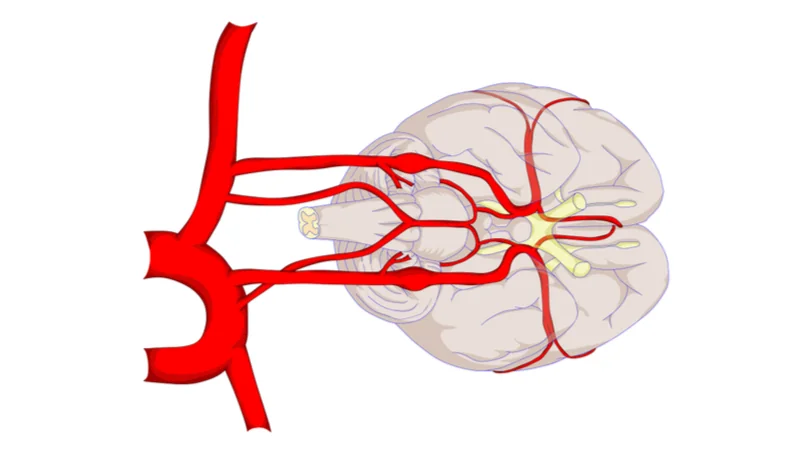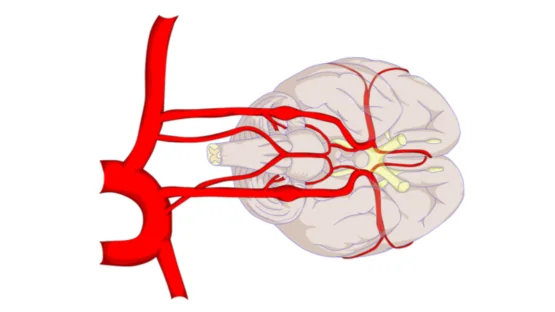After sifting through 1,600 FDA-approved drugs, scientists have shown that Viagra is significantly correlated with lower Alzheimer’s disease risk [1].
Re-repurposing Viagra?
Viagra (sildenafil) is one of the most recognizable drugs in the world. Yet, sildenafil’s hailed effect on erectile dysfunction was discovered serendipitously. Originally, sildenafil was studied as a candidate drug for heart-related chest pain, as it works by relaxing arteries and is prescribed for pulmonary arterial hypertension. This already makes sildenafil a repurposed drug, even before it might be put to yet another purpose.
If Viagra is a celebrity among drugs, Alzheimer’s is a kind of a celebrity among diseases. It probably holds the record for the worst ratio between the amount of money spent on its research and the quality of the results. After dozens of failed clinical trials, the only drug approved by the FDA for treating this disease is donepezil, and its approval caused a major scandal, because its staggering cost of treatment, which threatens to disrupt the whole Medicare system, brings marginal benefits.
Building the gene and protein network
How do you repurpose one of the thousands of approved drugs without waiting for a serendipitous discovery? These researchers approached this question by using state-of-the-art techniques to identify drugs that could potentially treat Alzheimer’s. They began by analyzing the genetic footprint of Alzheimer’s and building the “network” of hundreds of interconnected genes and proteins that are characteristic of the disease. This would have been impossible without the aid of ever-growing computing power alongside AI algorithms.
Knowing the target proteins of existing drugs, the researchers then calculated a proximity score for each target that measures how close it is to Alzheimer’s on the network that they had built. After doing this for more than 1,600 existing FDA-approved drugs, they identified 66 candidates.
Among those candidates, the largest group was of 14 drugs affecting the cardiovascular system, including sildenafil, with 11 nervous system therapeutics being the second-largest group. This is not a coincidence, of course. Brain cardiovascular disorders are a major cause of dementia, and this is known as vascular dementia [2]. For 21 of the 66 drugs, some evidence of their effectiveness against Alzheimer’s disease already exists, and 11 of them are in ongoing clinical trials for it.
A highly significant correlation
The researchers then wanted to see if the actual usage of the selected drugs was correlated with Alzheimer’s prevalence. At this selection stage, two major criteria were used: the drug must be able to penetrate the blood-brain barrier, and it must be widely used enough that an epidemiological analysis can be performed. After the scientists had analyzed data on more than 7 million people on Medicare and commercial insurance plans, sildenafil emerged as a clear winner: its usage was associated with a 69% reduction in Alzheimer’s risk.
The relationship remained highly significant even after controlling for various confounding variables. For instance, individuals with cognitive impairment and dementia may be less likely to be prescribed sildenafil for obvious reasons. Yet, after adjusting for mild cognitive impairment, the association between sildenafil and Alzheimer’s disease remained strong.
Finally, the researchers performed a series of in vitro experiments. Cells derived from patients with Alzheimer’s were turned into induced pluripotent stem cells (iPSCs) and then into neurons. The sildenafil-treated group demonstrated more robust neurite growth compared to the control group. Sildenafil also significantly reduced the accumulation of tau protein, which, like amyloid beta, is associated with Alzheimer’s disease.
Metformin has a chance too
This wasn’t the first time that sildenafil got into the crosshairs of Alzheimer’s researchers. It has been shown to significantly improve cognition and memory in a rat model of vascular dementia and to attenuate tauopathy (the abnormal accumulation of tau protein) in mice that were genetically modified to develop Alzheimer’s.
Sildenafil was also not the only drug significantly associated with Alzheimer’s disease in this study. One of the others was metformin, which is probably the most promising drug in geroscience today. Metformin scored better than sildenafil on its proximity to the Alzheimer’s network, but its actual correlation with the disease was weaker. The researchers point at a probable reason: metformin is an anti-diabetes drug, and diabetes is a known risk factor for Alzheimer’s disease [3]. This might explain why people on metformin are more prone to developing this disease than people on sildenafil. Metformin is currently in clinical trials for Alzheimer’s disease.
Conclusion
As the researchers themselves note, a proper clinical trial will be needed to prove that there is causation behind the correlation that they have found. Looking beyond the headlines, an even bigger achievement might be the successful use of computational methods in identifying candidate drugs via their target proteins. Repurposing drugs can greatly speed up the discovery of new therapies since we already have safety data for approved drugs.
Literature
[1] Fang, J., Zhang, P., Zhou, Y. et al. Endophenotype-based in silico network medicine discovery combined with insurance record data mining identifies sildenafil as a candidate drug for Alzheimer’s disease. Nat Aging (2021).
[2] Iadecola, C. (2013). The pathobiology of vascular dementia. Neuron, 80(4), 844-866.
[3] Lee, H. J., Seo, H. I., Cha, H. Y., Yang, Y. J., Kwon, S. H., & Yang, S. J. (2018). Diabetes and Alzheimer’s disease: mechanisms and nutritional aspects. Clinical nutrition research, 7(4), 229-240.





